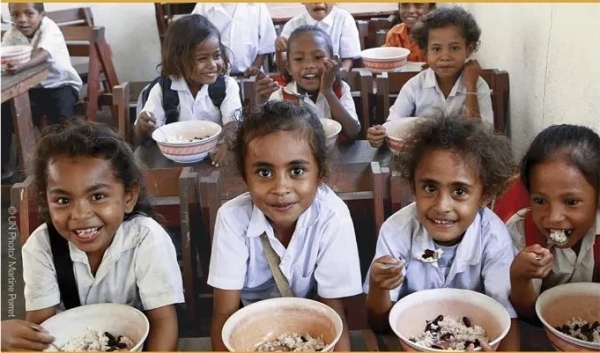The Millennium Development goals were wound down in the early part of the last decade. In September 2015, seventeen Sustainable Development Goals were adopted to continue the work done under the Millennium Development Goals. So as the end of this decade approaches, are we on track to achieve these goals by 2030?
The Sustainable Development Goals address the challenges we face as a global community. The seventeen goals address poverty, climate change, inequality, gender issues, peace and justice, and aim to leave no one behind by 2030. 2019 marks the end of the first cycle of implementation, with reviews published in recent months suggesting that this first stage has not been an overwhelming success.
In annual reviews conducted by the High-Level Political Forum for Sustainable Development (HLPF) and Voluntary National Reviews conducted by participating countries, it was found that progress has been slow and in some cases, it has even reversed. Both reports suggest that global response has not been ambitious enough and has failed to improve development in key areas. The 2018 Report suggested that no country was on track to achieve all goals by 2030.
With the main focus of the Sustainable Development Goals to end poverty and hunger, and improve living standards across the globe, progress has been made. However, this progress is not enough to meet many of the SDGs before 2030. Most alarmingly, the 2019 SDG Report highlights that extreme poverty has reached its lowest point since tracking first began. The report also suggests that gender inequality remains a huge barrier to achieving the SDGs across the board. Women are still being disproportionately affected by lack of access to education, clean water, poverty, and employment opportunities.
Additional issues highlighted in the report suggest that many are being left out of the data. As many as 350 million people worldwide are not captured in the data and therefore their socio-demographic date or development can not be assessed. These groups include nomadic groups, homeless, migrants and those living in isolated locations due to conflict or natural disasters. People with disabilities, minority population and diverse gender identities can also be easily missed in the reports.
Both the 2018 and 2019 reports suggest that progress has been slowest in addressing the environmental goals. Highest income countries that have eradicated extreme poverty or hunger score extremely lowly for progress on environmental issues. The 2019 report stated that climate change threatens to undermine all the other SDGs, highlighting that its effects will disproportionately impact the most vulnerable across the globe. As the mandate of the SDGs initially stated, all the SDGs are intertwined and must progress cohesively. Areas such a climate change, which are being ignored, threaten sustainable development worldwide and may reverse the progress made so far.
As we enter a new decade, there is a vast amount of work to be done to further progress the SDGs. While there have been some significant successes in the last five years, more ambitious and more inclusive work must be done to avoid stagnation. Most importantly, it is clear from this years report that action on climate change and the environment must carried out in conjunction with all other SDGs to avoid undoing the progress made over the last five years.
To know more, please read:
https://www.un.org/development/desa/en/news/sustainable/sdg-progress-reports-2019.html
https://sustainabledevelopment.un.org/index.php?page=view&type=20000&nr=5666&menu=2993
https://sdg-tracker.org/
https://news.un.org/en/story/2019/05/1038741







